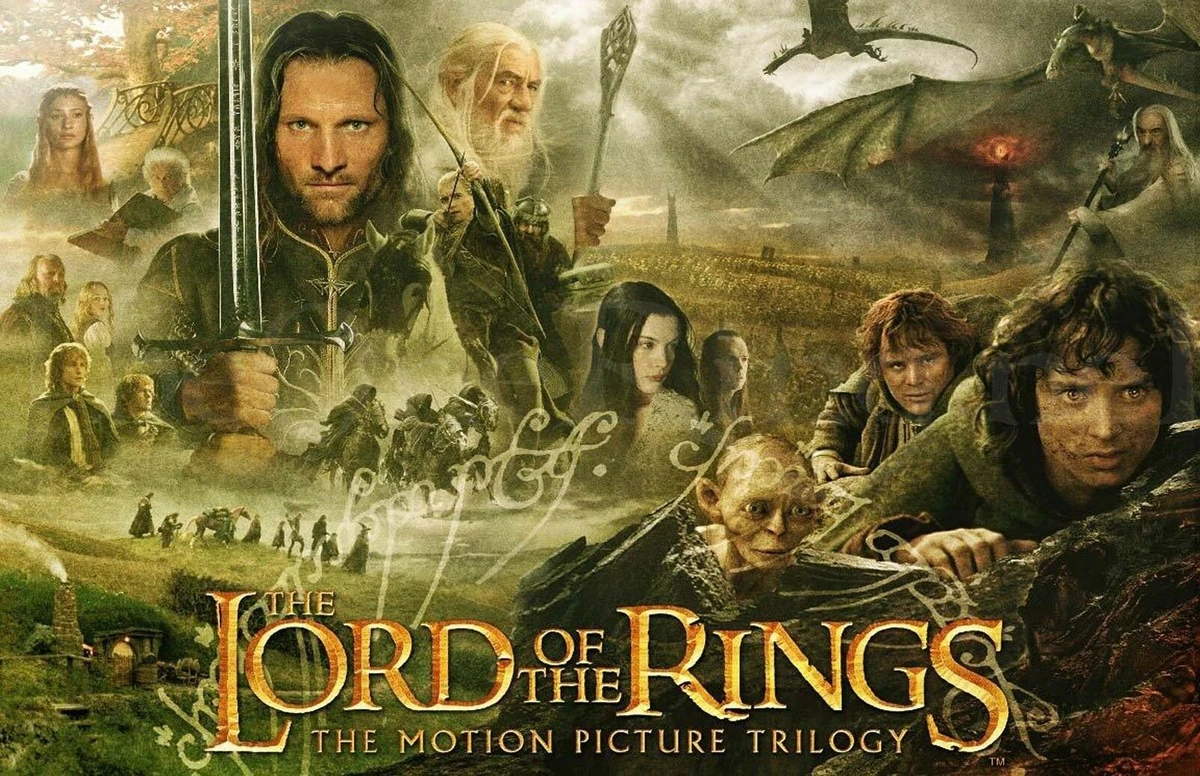Samurai Jack
Samurai Jack is a critically acclaimed American animated television series created by Genndy Tartakovsky for Cartoon Network. Premiering in 2001, the series is renowned for its unique visual style, cinematic storytelling, and minimalistic dialogue. The show centers around a nameless samurai, later referred to as "Jack," who is flung into a dystopian future by his arch-nemesis, the shape-shifting demon Aku. Stranded in a strange, technologically advanced world ruled by Aku, Jack embarks on an epic journey to return to the past and undo the evil that has corrupted the world.
One of the most distinctive features of Samurai Jack is its striking animation and visual design. Drawing influence from Japanese woodblock prints, classic samurai films, and minimalist art, the show often relies on atmospheric visuals and ambient sound to convey tension and emotion. The animators make use of wide aspect ratios, slow pacing, and long stretches without dialogue, all of which create a cinematic experience rarely seen in animated television at the time. Tartakovsky’s use of silence, in particular, allows for a more immersive and mature narrative, highlighting the protagonist's solitude and inner struggle.

The plot of the series unfolds in a mostly episodic format, with each episode presenting a new challenge or adversary Jack must overcome. Despite the episodic nature, there is an overarching narrative of Jack’s quest to defeat Aku and return to his rightful time. Along the way, Jack encounters a diverse cast of allies and enemies, from talking dogs and warrior monks to alien bounty hunters and corrupted robots. Each episode explores different genres and cultures, making the show feel both expansive and unpredictable. The fusion of science fiction, fantasy, and ancient mythology lends Samurai Jack a timeless and universal appeal.
Jack himself is portrayed as a stoic, noble warrior whose actions speak louder than words. He is a character of honor and discipline, rooted in the Bushido code of the samurai. Despite his incredible strength and skill, he is often vulnerable and reflective, questioning his path and morality. Aku, voiced memorably by Mako Iwamatsu, serves as the perfect foil—chaotic, humorous, and menacing. Their dynamic forms the emotional core of the series.

After four seasons from 2001 to 2004, Samurai Jack was left without a conclusion, which frustrated fans for over a decade. Fortunately, in 2017, Adult Swim revived the series for a final fifth season, allowing Tartakovsky to bring Jack’s story to a definitive close. This season is darker and more mature, exploring the psychological toll of Jack’s endless battle and finally resolving the conflict with Aku in a satisfying, albeit bittersweet, ending.
Samurai Jack remains one of the most influential animated series of its time. It pushed the boundaries of what Western animation could achieve, blending style, substance, and emotion in a way few shows have matched. It is not merely a tale of good versus evil but a meditation on perseverance, identity, and the cost of destiny. For fans of animation, action, and storytelling, Samurai Jack stands as a modern classic.


